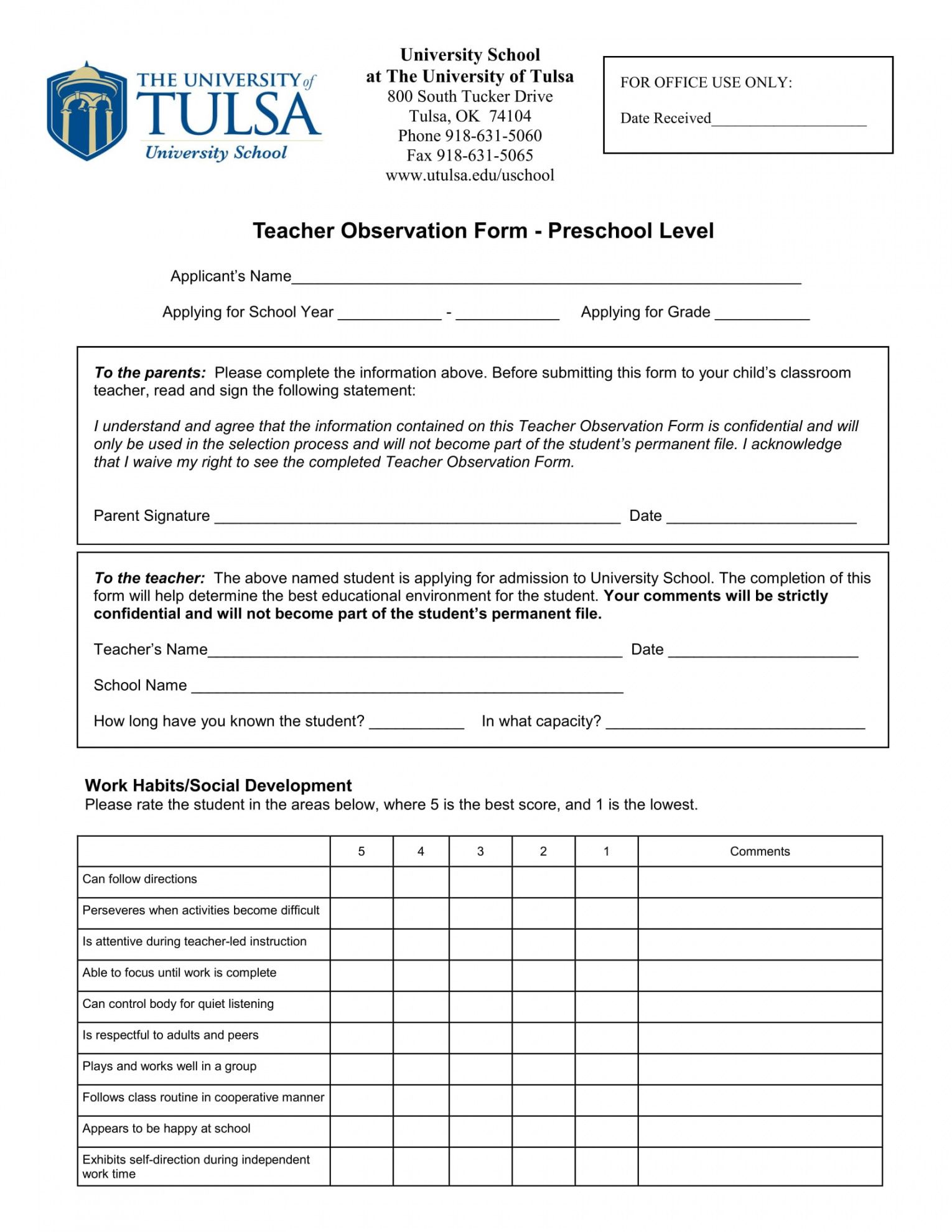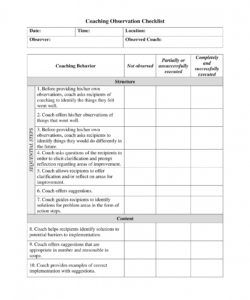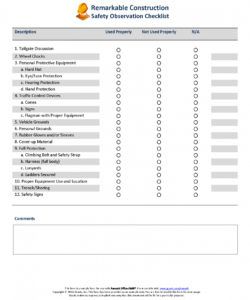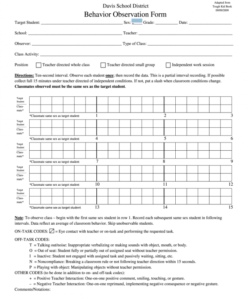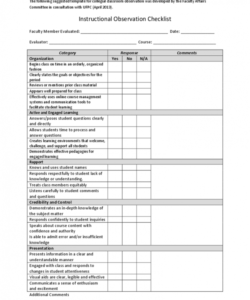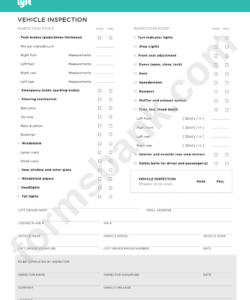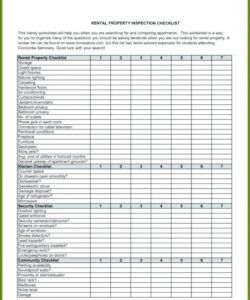Observation checklist template, Perhaps you have encountered the”Oops” situation? Ever said”oops” if the client received a damaged or non-working product, when the price rang up incorrectly, when the bonus wasn’t contained in an employee’s check, or every time a quarterly insurance coverage was missed? Most of us have undergone an”oops” situation, and we understand how that feels as well as what it costs. Using checklists Can Help Decrease the Amount of”oops” moments
Business checklists enable you to appraise organizational objectives, and prioritize objectives so that while you’re managing all of the high priority activities, the smaller yet necessary tasks are also incorporated and handled. They allow you to abide by the planned course of actions and recognize deviations before any negative eventualities occur. Moreover, it is important for any business thing to move faster than its competitors. By prioritizing and organizing action items and schedules, checklists allow the enterprise to save time and stay abreast, even ahead, of its industry.
A checklist is a listing of items or tasks which you”check off” because you complete each item/task on the list. Checklists are everywhere and therefore are an essential part of the majority of actions – both private and business. Within our own daily lives, we create checklists for coordinating (“To-Do Lists”), preparation (birthday celebration ), prioritizing (bills to pay), shopping (grocery list), etc. Business is no different; checklists are essential to a successful, efficient, and profitable operation.
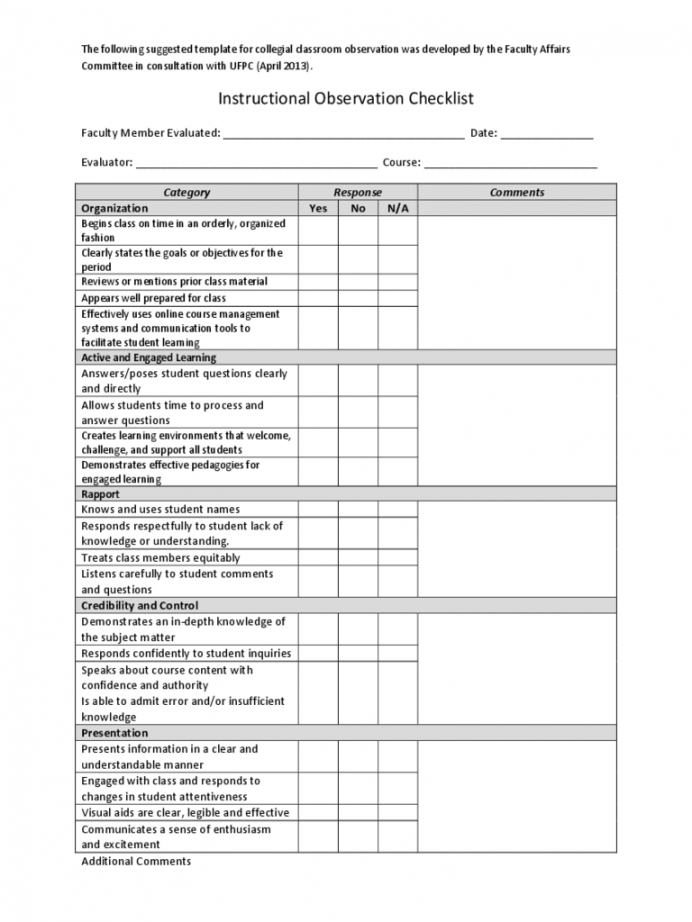
Checklists are invaluable tools for long-term as well as short-term planning. They can be used by any member of a company organization involved with planning for organizational or company growth, production and customer operations, or even human resource administration. Checklists can be developed and utilized by any kind of commercial enterprise, including a retail shop or restaurant, tech business or producer of consumer durables such as automobiles.
The purpose to utilizing checklists in company is to operate efficiently and economically, keep prices low, and earn a profit. As we’ve discussed above through examples, checklists can be utilised in all facets of almost any type or size operation. Checklists help to arrange tasks, manage time, function more effectively, avoid excess expenses and wasteful ways, and ensure compliance with policies, laws, and processes. Checklists can be developed , can be bought via a commercial source, or purchased and modified to meet your specific requirements. Purchasing a commercially available checklist that’s been analyzed by a number of other small business owners are able to save a lot of time and money. However your checklists are created, their use leads to a successful and profitable business.
Checklists are a valuable and essential tool for any sized business. They provide a meaningful, realistic method to plan, arrange, operate, and manage a company and its cash, goods, customers, workers and outcomes. The successful use of checklists is the key to a well-run, rewarding business and for eliminating the”oops” moments!

